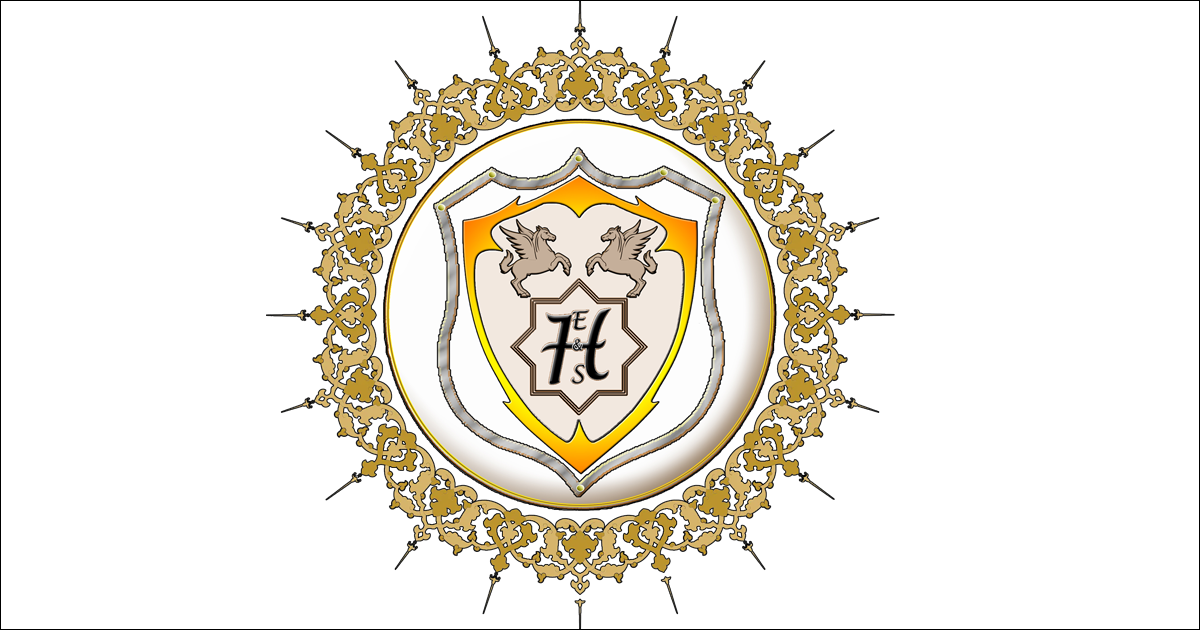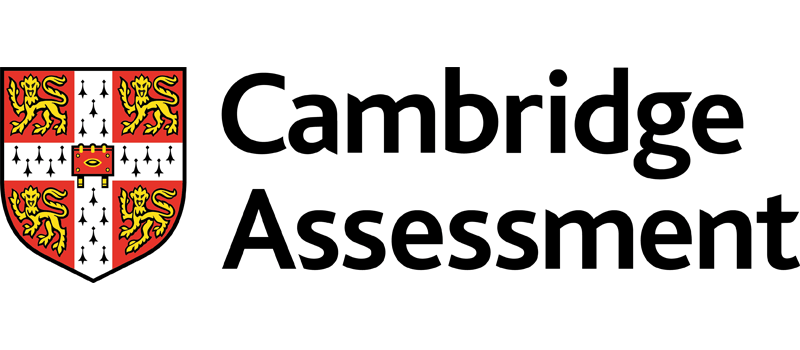Day 1:
Introduction to Advanced HVAC Systems and Principles
Overview of HVAC systems: Components, operation, and key performance indicators.
Understanding HVAC system design principles: Load calculations, system selection, and layout planning.
Energy efficiency in HVAC: Best practices for sustainable design and operation.
Overview of building codes and regulations affecting HVAC design and operation.
Day 2:
HVAC System Design for Modern Applications
Advanced design techniques for residential, commercial, and industrial systems.
Air handling units (AHUs), chillers, and boilers: Design and optimization considerations.
Integrating renewable energy sources and alternative HVAC solutions into system design.
Case studies of complex HVAC designs for large-scale projects.
Day 3:
Maintenance Strategies for Optimal HVAC Performance
Preventive and predictive maintenance practices for HVAC systems.
Troubleshooting techniques: Diagnosing and resolving common HVAC system issues.
Maintaining and testing indoor air quality (IAQ) systems and filtration.
Tools and technologies for HVAC system diagnostics and monitoring.
Day 4:
Energy Management and Efficiency in HVAC Operations
HVAC energy audits: Techniques and tools for identifying energy savings opportunities.
Implementing Building Management Systems (BMS) for real-time system monitoring.
Advanced energy-saving strategies: Variable refrigerant flow (VRF) and demand-controlled ventilation.
Developing energy-efficient operation plans and monitoring system performance.
Day 5:
Advanced HVAC Integration and Emerging Technologies
Integration of smart systems and automation in HVAC operations.
The role of IoT (Internet of Things) in optimizing HVAC system performance.
Exploring emerging HVAC technologies: Geothermal, hybrid systems, and the future of HVAC.
Final review and hands-on practical workshop with case studies and real-world scenarios.























































